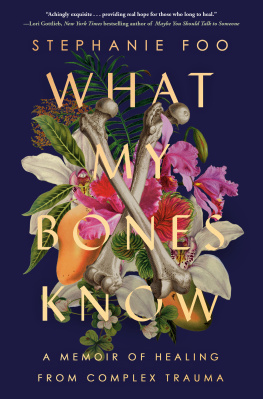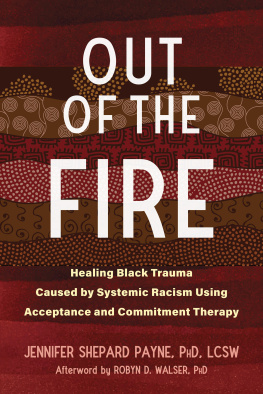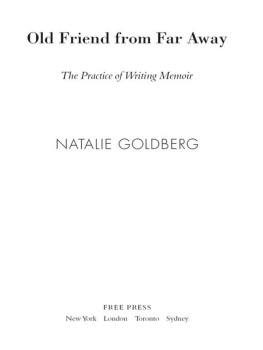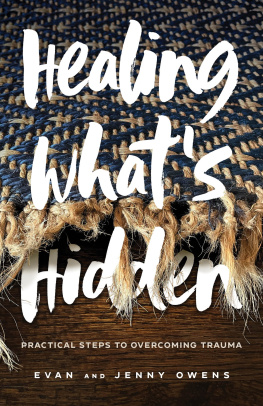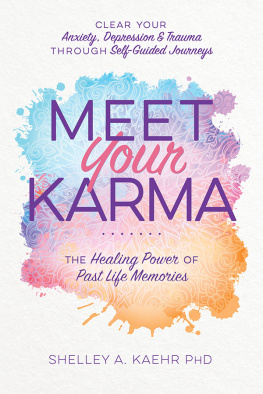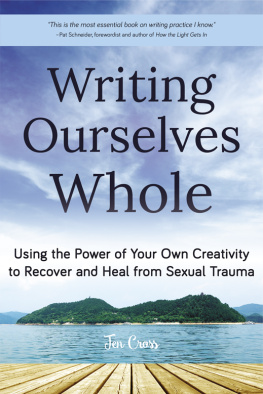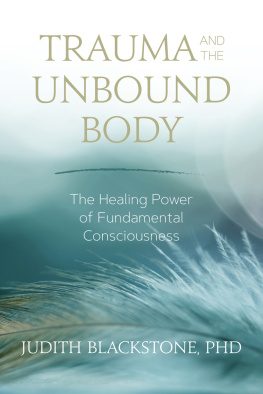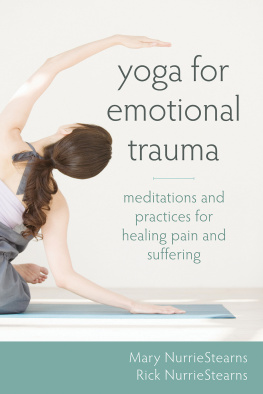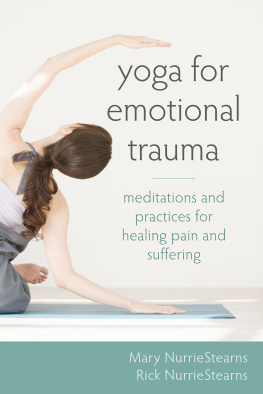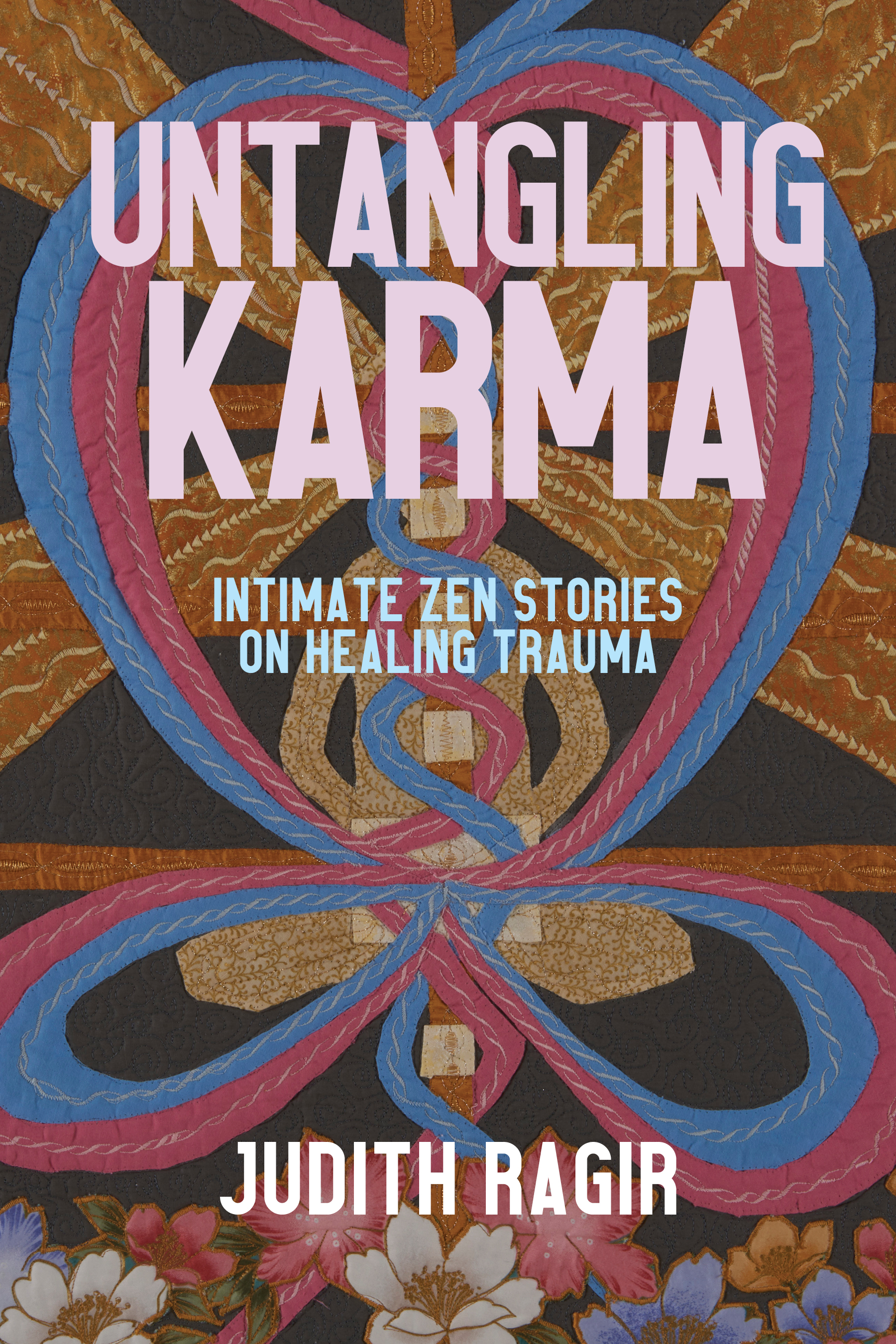Advance Praise for
Untangling Karma
...connecting some tough or unsavory aspects of the real world with the meditative, inner reality Ragir encountered through Buddhism are the books most consistent strengths. The prose is clear and unadorned throughout, which deepens the sense that the author is sharing a warts-and-all spiritual odyssey. Likewise, the mindless, blissful tone of so many accounts of Buddhism is pleasingly absent here. Ragir delivers plenty of critiques of the Zen pathwhich makes her embrace of it all the more intriguing to read about. A plainspoken, engaging, and very realistic account of a Buddhist journey Kirkus Reviews
Judith Ragira Zen teacher, a mom, a Jew, a sexual assault survivorsplits open her heart and fearlessly pours out the hate, internalized anti-Semitism, and unquestioned rule-following that blocks her love. This book is at once a love letter to Zen practice and a critique of late-twentieth-century American Zen. Judith inspires us to investigate our own karmic knots, and in the middle of this suffering, she invites us to walk quietly down the backyard steps to the neighborhood pond and take a cooling dip in the moonlight. Natalie Goldberg, author of Writing Down the Bones , Long Quiet Highway , Three Simple Lines , and many other books
In Untangling Karma , Judith Ragir does what virtually no other Zen teacher has done: shows us each piece of her own brokenness and healing. And she does so with great insight, candidness, and transparency. Tim Burkett, author of Nothing Holy About It and Zen in the Age of Anxiety
This is not the book youd expect from a Zen teacher and senior Zen priest. Full of pain and passionate intensity, and brutally honest, Judith Ragirs writing shows us what Zen looks like under the hood, in the context of an American womans lived experience of trauma, abuse, and intergenerational pain. An uplifting, and searing, read. Norman Fischer, Zen teacher and author of Sailing Home , The World Could Be Otherwise , When You Greet Me I Bow , and many other books
Untangling Karma deals head-on with the pain of living, with hurting and being hurtand with the many dimensions of healing. Here are hard-earned lessons in which Judith Ragir recognizes and recovers from several strands of trauma woven intimately into her life, personally and multi-generationally, based on gender, race, and religious prejudice. Jan Chozen Bays, author of Mindful Eating , The Vow-Powered Life , Mindfulness on the Go , and many other books
Untangling Karma is a stunning book that weaves together Zen, Judaism, family, trauma, healing, and much more. Judith Ragir opens her heart and writes with remarkable honesty. I felt she was speaking to me as an intimate friend. You, too, will be encouraged by this courageous woman. Susan Moon, author and editor of many books, including The Hidden Lamp , This Is Getting Old , Being Bodies , Not Turning Away , and What Is Zen?

Untangling Karma: Intimate Zen Stories on Healing Trauma 2022 by Judith Ragir
The names of some of the individuals mentioned in this book have been changed to protect their privacy.
All rights reserved. No part of this book may be used or reproduced in any manner without the consent of the publisher except in critical articles or reviews. Contact the publisher for information.
Excerpt from Introduction to Elmina, the Castles and the Slave Trade (Nyakod Printing and Publishing Co. Ltd., 2013, 2017) appears by kind permission from Dr. Rose Walls.
Excerpts from A Complex Bond: Southern Black Domestic Workers and Their White Employers by Susan Tucker, published in Frontiers: A Journal of Women Studies 8:3, appears by kind permission from University of Nebraska Press.
Paperback ISBN 978-1-948626-69-9
eBook ISBN 978-1-948626-70-5
Library of Congresss Cataloging-in-Publication Data
Names: Ragir, Judith, author.
Title: Untangling karma : intimate Zen stories on healing trauma / Judith
Ragir.
Description: Rhinebeck : Monkfish Book Publishing Company, 2022. | Includes
bibliographical references.
Identifiers: LCCN 2022000223 (print) | LCCN 2022000224 (ebook) | ISBN
9781948626699 (paperback) | ISBN 9781948626705 (ebook)
Subjects: LCSH: Healing--Religious aspects--Buddhism. | Zen
Buddhism--Psychology. | Zen Buddhism--United States. | Karma. | Ragir,
Judith.
Classification: LCC BQ4570.H43 R34 2022 (print) | LCC BQ4570.H43 (ebook)
| DDC 294.3/927--dc23/eng/20220222
LC record available at https://lccn.loc.gov/2022000223
LC ebook record available at https://lccn.loc.gov/2022000224
Front cover quilt by Judith Ragir
Book design by Colin Rolfe
Monkfish Book Publishing Company
22 East Market Street, Suite 304
Rhinebeck, NY 12572
(845) 876-4861
monkfishpublishing.com
This is the sixty-sixth autumn I have seen.
The moon still lights my face.
Dont ask me about the meaning of Zen teachings
Just listen to what the pines and cedars say on a windless night.
Ryonen (16461711), Death Poem
Contents
Introduction
A Landscape of Healing
Hatred never ceases by hatred,
But by love alone is healed.
This is the ancient and eternal law.
Dhammapada
I have spent more than fifty years enamored with Buddhism. It started when I was a hippie teenager in the late 1960s, listening to Alan Watts on the radio and later being inspired by Zen in the kitchen thanks to The Tassajara Bread Book, published in 1970. This cookbook was created by the cook (or tenzo in Zen terminology) who was then serving at Tassajara Zen Mountain Monastery in California. On the back cover of a subsequent book, Tassajara Cooking (1973), I found a startling line drawing of a bald person in full Buddhist priest regalia with a radiating halo on her head. And where was this extraordinary being pictured? Cooking in a kitchen! The image represented what I wanted: kindness, presence, and peace of mind in daily life. This image is what Katagiri Roshi, my root Zen teacher, would call the original inspiration for my spiritual practice. That vision of a life well-lived was incredibly important for me as a wounded and alienated teenager. Could Zen be the path out of the pain of my childhood?
I fell in love with anything Japanese and proceeded to fall in love with a Japanese man, Dainin Katagiri, who moved into my Minneapolis neighborhood in 1973 and started teaching Zen. He was my teacher and mentor for seventeen years until he died in 1990. Through my continuing devotion over the years, I was trained in Katagiri Roshis manner, which was a combination of classic Zen and his simplification of it for Americans. Now, having engaged in the full training of Zen; having served in all the temple officers positions, including as head teacher; and having participated in many decades of the ritual of sesshin (meditation retreats), I have come back to the image of the priest in the kitchen. It is still what I want. I want what I have learned from formal Zen practice to be fully integrated into my daily activitiesto move through life, with its ten thousand sorrows and joys, with my feet grounded in each step, my heart open, and my mind as clear and fully present as possible.
When I began to write this book, little did I know that combing through my life stories and their concomitant traumas would produce a hard-met but welcome transformation in me. I had a head full of questions about the efficacy of Zen training for American women. What is transferrable from one culture to another? I laugh now when I see that as a young woman I was drawn to Japanese culture, which actually resembled the culture of my Jewish family of origin: achievement oriented, compulsively overworking, and hierarchical. I realized that I had made an unconscious choice to gravitate toward qualities that felt like my family or homeboth of which I had actually rebelled against. My youthful decision-making was a cleverly disguised return to habit and safety. This shock of insight stopped me in my tracks.


